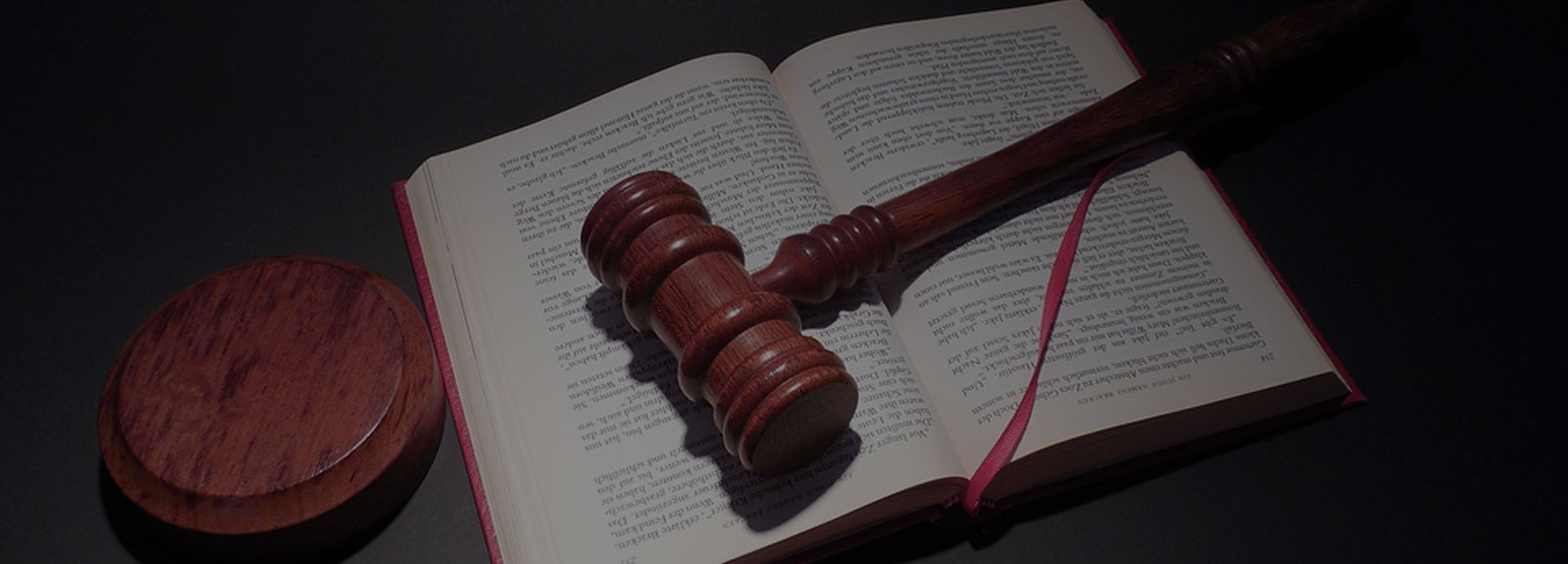13 Sep How Bad Credit Works & What You Can Do With It
People tend to ask this question a lot. “What can I do with a bad credit score?”
Maybe you’ve recently filed for bankruptcy and are dealing with that sitting on your credit. Or, maybe you just paid off your mountain of debt and have finally escaped the collection calls and notices.
Either way, if this is the situation you are coming from chances are your credit score isn’t looking so great.
What’s considered good and bad?

The first question to ask yourself about your credit score is “How bad is it?”. The range of credit scores goes from 300 to 850. 300 being the lowest you can go, with 850 being the highest. While you don’t want to live in the 300 range, achieving a perfect score doesn’t have to be your life goal.
Believe it or not more than 75% of Americans have a credit score below 700. This means banks have no other choice than to offer many types of solutions for those with lower scores. These aren’t the best solutions by any means, but it puts most people back in the running for getting loans.
Most people shoot for having a credit score of 750. With a score of 750 you will qualify for almost anything you apply for as long as your debt to income ratio isn’t too high. You may not receive the lowest interest rates possible but you’ll still be in the game as far as loans go.
The ultimate goal should be to get your credit score to 800 or 850 but don’t stress if you can’t seem to make it happen. You are still in good standing in the 750 range and you can work on raising it up with time.
What makes a credit score bad?
There are many different factors that affect your credit score. The common negatives you can do for your credit include late payments, high debt to income ratios, foreclosures, and repossessions. It can also hurt you to close long-standing credit lines as your length of credit history makes up 15% of your total score.
Another factor that can negatively affect your score is to open too many new credit lines at a time. This can make you appear like you need a lot of money fast to creditors, or that you can’t handle your current financial obligations. Either way, it can be a huge negative.
Buying A Home
To qualify for a common FHA loan, with a down payment of 3.5% of the home price, you are required to have a minimum credit score of 580. However, if you don’t have a score of at least 580 you aren’t entirely excluded from purchasing a home using an FHA loan.
You have to keep in mind when you pull your credit report using online services you will get a different number than if you get a credit score from a mortgage report. The way they pull the information is different and chances are your score will be slightly higher when pulled by an actual mortgage company.
Having the minimum score to qualify for the loan may get you the loan, but it’s going to also get you higher interest rates. High interest rates on a home mortgage can be devastating. If it’s your only option you can always try refinancing the home in the future when your score has improved.
Interest Rates
By now you know even in a lower bracket on the credit score spectrum you can still qualify for loans. There are plenty of companies out there that will provide you with a new credit card, or a new loan. However, there is a catch.
If your score is on the lower end of the spectrum these companies aren’t going to have a lot of faith in your ability to pay them back. This means you will be hit with much higher interest rates than you would have if you had a higher credit score.
It’s important while building your credit you don’t open too many of these high interest rate loans. Spending any money at all with them is a sure way to end up owing more than you spent in the first place. This can mean you will be right back in debt where you started.
While there are many things you can do with a low credit score it’s important you try to raise it. It will be a lot less stressful in the interest rate department and ultimately how much money you’ll actually be paying back to lenders.
There are many different ways you can pay off debt and raise your credit score. We’d love to have the opportunity to sit down and talk with you about the many options available.


No Comments